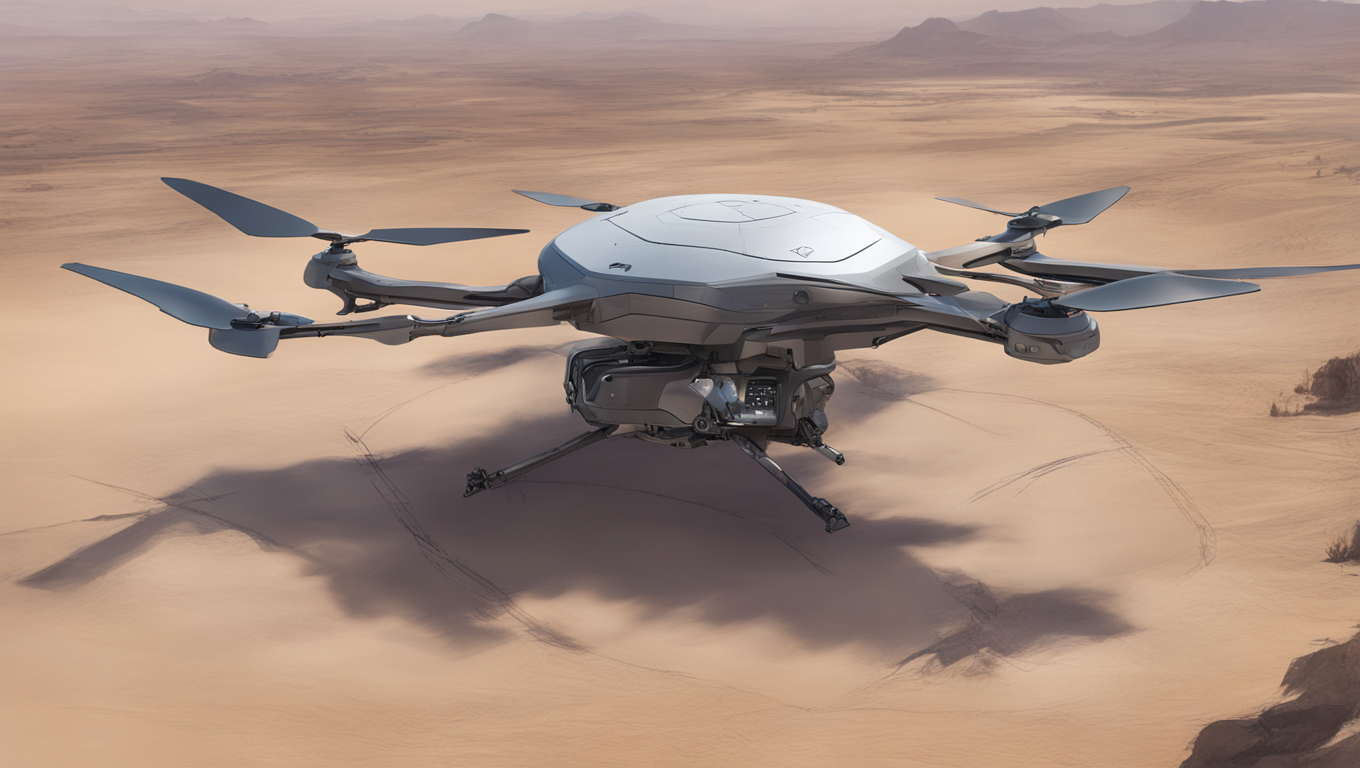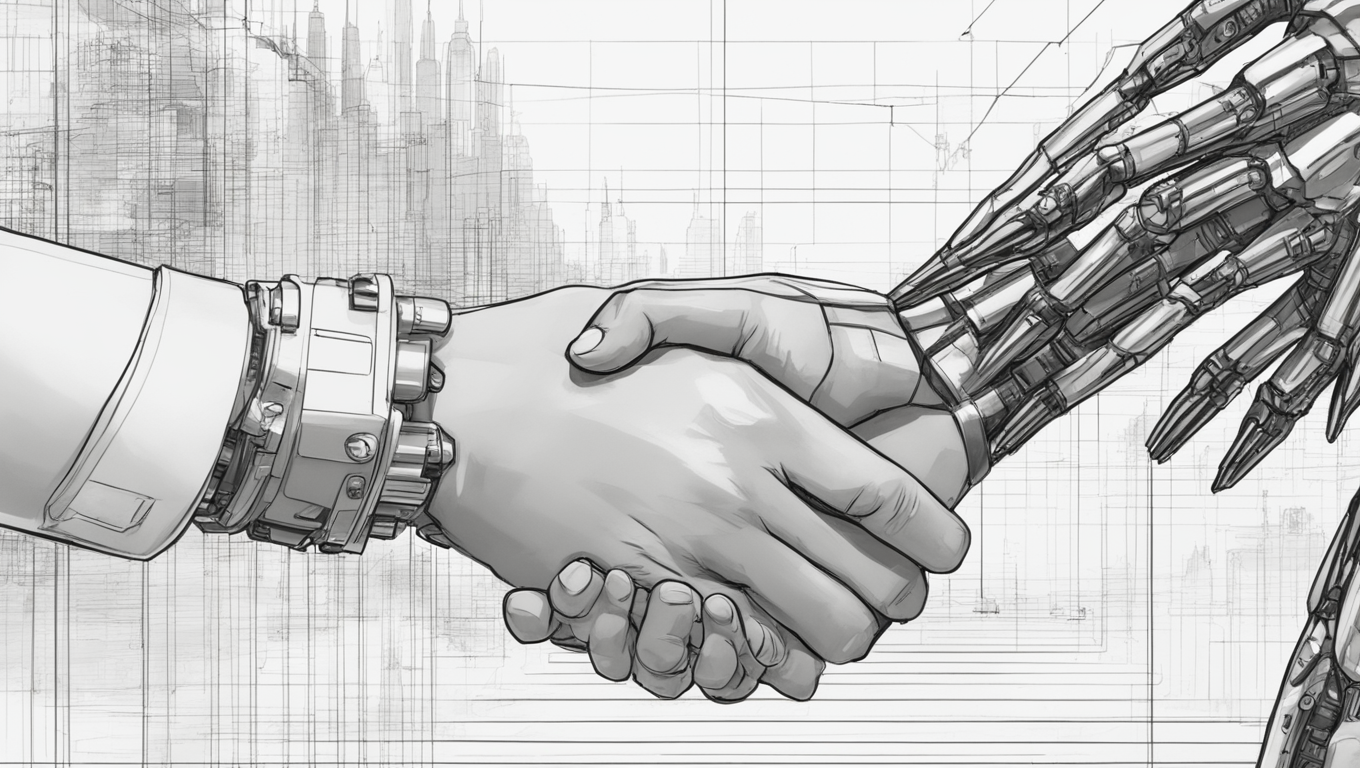Secretive Militaristic Innovations: Eric Schmidt’s White Stork and the AI-Powered Drone Testing
In a world where technological advancements are constantly reshaping every aspect of our lives, it should come as no surprise that even military warfare has been revolutionized by innovative minds. One such mind is billionaire technologist Eric Schmidt, the former CEO of Google, who has recently come into the spotlight for his secretive military drone company, White Stork. This California-based startup, founded quietly last year, has been making significant strides in the development of AI-powered drones, with testing taking place both in Menlo Park and on the frontlines of the war in Ukraine.
The involvement of high-profile talent from companies like Apple, SpaceX, and Google has been key to White Stork’s success. Schmidt has attracted a team of experts in machine learning, aerospace, supply chains, and procurement, several of whom were recruited from his own philanthropic organization, Schmidt Futures. The company’s objective is to use artificial intelligence to enhance drone capabilities, thus enabling them to more accurately target and engage enemies.
White Stork’s operations have been shrouded in secrecy, with its development efforts shielded by a network of associated companies and LLCs. Adding to the intrigue, Schmidt has been establishing partnerships and seeking advice from renowned individuals in Silicon Valley. One such partnership is with Sebastian Thrun, creator of Google’s moonshot lab X, who serves as an advisor to White Stork. Additionally, Hendrik Dahlkamp, a former Apple machine learning manager and graduate of Thrun’s Stanford University robotics lab, is reported to be working on AI-enabled visual targeting software for the drone project.
The testing of the AI-guided drones has not gone unnoticed, with neighbors of Schmidt’s family office in Menlo Park reporting sightings of small drones being flown from the building’s gated courtyard. Furthermore, sources familiar with Schmidt’s activities in Kyiv, Ukraine revealed that his team has been collaborating with the Ukrainian Ministry of Defense, even conducting drone demonstrations for specialized units responsible for drone reconnaissance and warfare. While the Ministry of Defence did not respond to Forbes' request for comment, Mykhailo Fedorov, the Minister of Digital Transformation, praised Schmidt’s involvement, referring to him as “bold and heroic” and emphasizing his significant contributions to Ukraine’s defense tech advancements.
Schmidt’s deep interest in Ukraine’s military developments is not without reason. On a visit to Ukraine in 2023, he witnessed firsthand the impact of drone warfare, an experience that solidified his commitment to the country’s defense efforts. In fact, he has actively campaigned for U.S. lawmakers to approve a foreign aid package that would provide Ukraine with $61 billion in military funding. Schmidt’s dedication and passion have earned him respect and admiration from Ukrainian officials, who appreciate his genuine care for the nation’s security.
The White Stork project, initially revealed by Forbes, is not without its challenges and controversies. It appears that Schmidt had to change the company’s name to Project Eagle in response to the public attention generated by Forbes' report. The project’s operations are intentionally obfuscated and guarded by a constellation of LLCs and associated companies, with Schmidt himself listed as the owner of one Estonian entity called Volya Robotics. Furthermore, the venture’s domain name, “projecteagle.net,” was registered as recently as February, further adding to the mystery surrounding the project.
While the development and testing of AI-guided drones may raise ethical concerns, particularly regarding the potential for misuse and civilian casualties, the advancements made by the White Stork project cannot be denied. Schmidt envisions a new era of warfare, with AI-powered drones capable of collaborating and adapting their strategies to outsmart enemy defenses. His description of “ruthless swarms of AI-empowered kamikaze drones” paints a picture of an increasingly complex and networked battlefield.
As technology continues to advance at an unprecedented pace, the boundaries of what is possible in military warfare are constantly being pushed. Eric Schmidt’s White Stork project is a testament to human ingenuity and the potential for technology to reshape even the most traditional domains. Only time will tell what the future holds for AI-powered drones and their impact on the dynamics of warfare.





Use the share button below if you liked it.